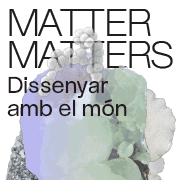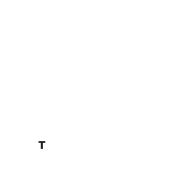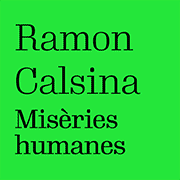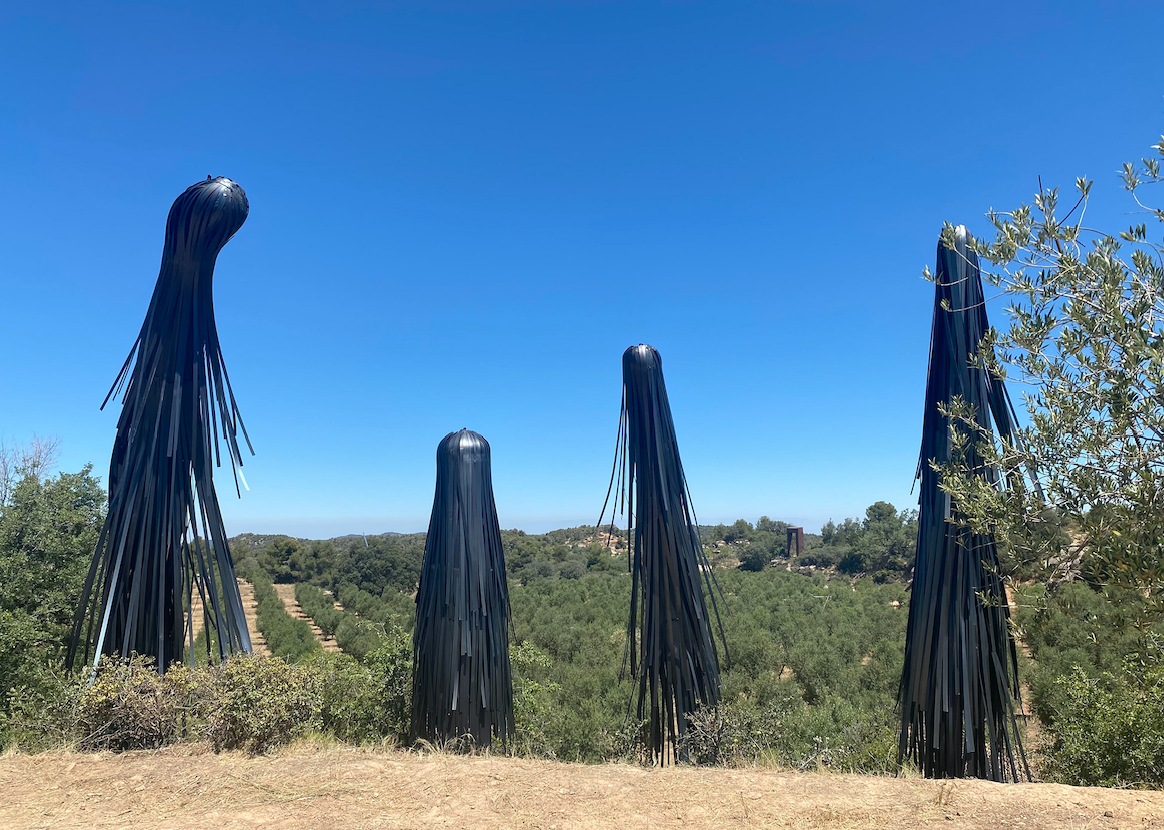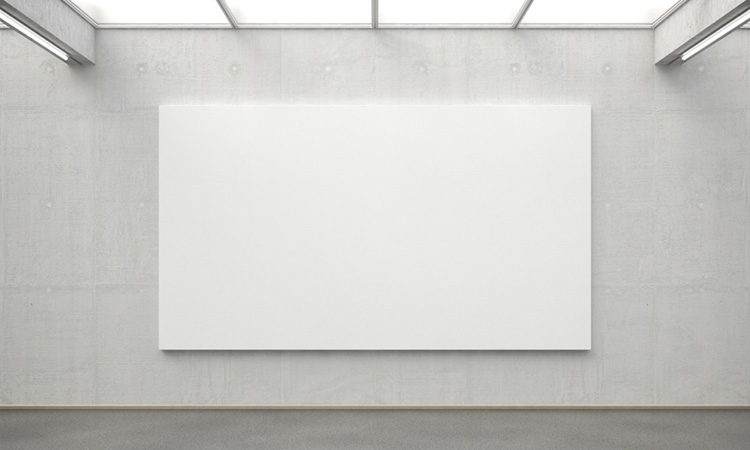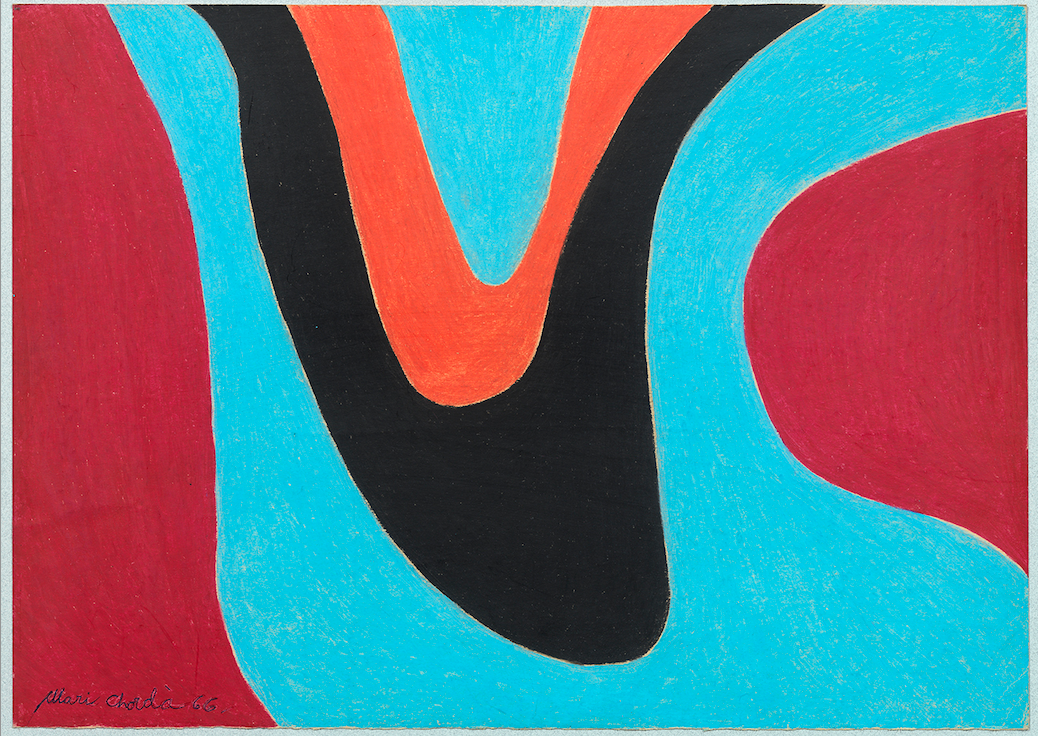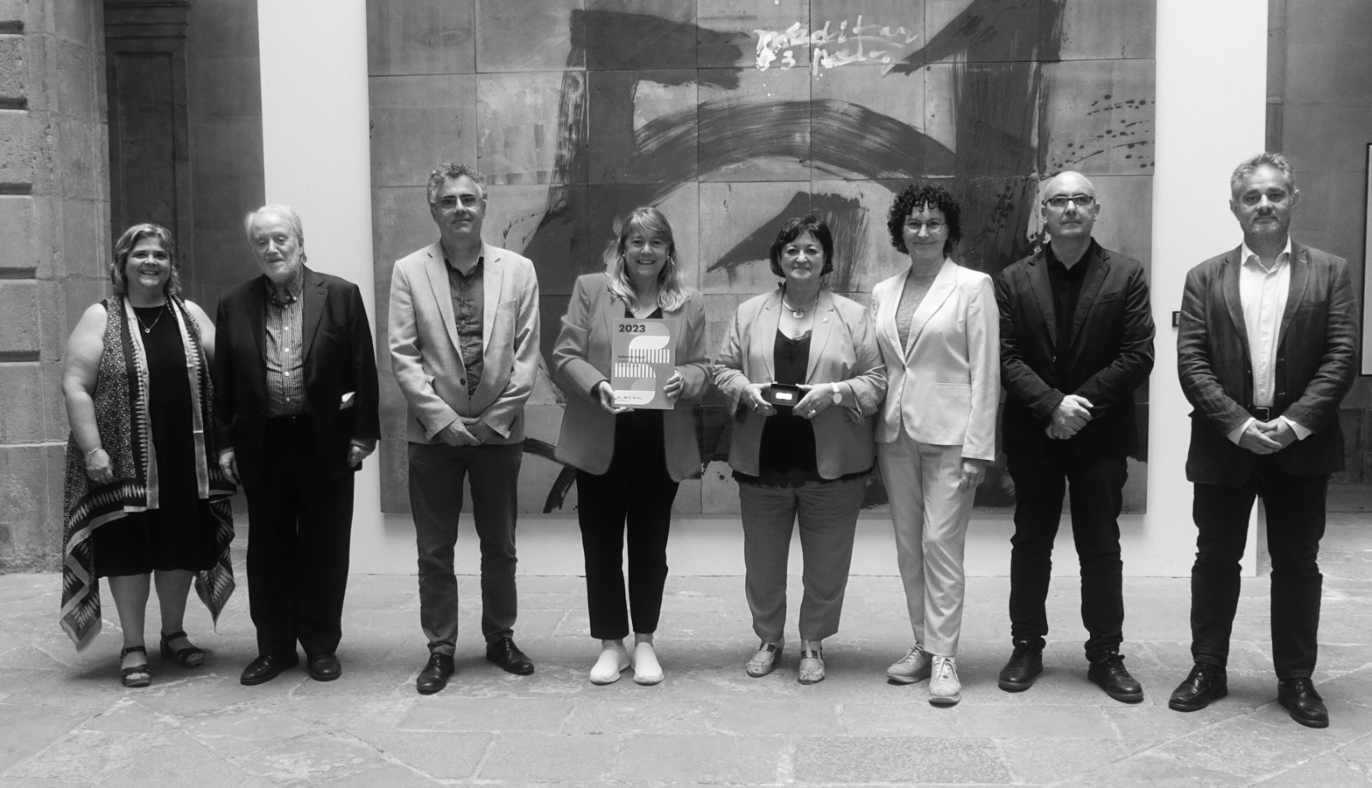reports
Who's Afraid of Contemporary Art? Censorship and battles of a cultural war
Censorship runs through contemporary art and its creators manifesting itself through the withdrawal of works, the destruction of sculptures, the modification of photographs and the cancellation of exhibitions. What position should critics, artists or writers adopt? Is it possible to renegotiate the world through art after the horrors allowed by ideological blindness?
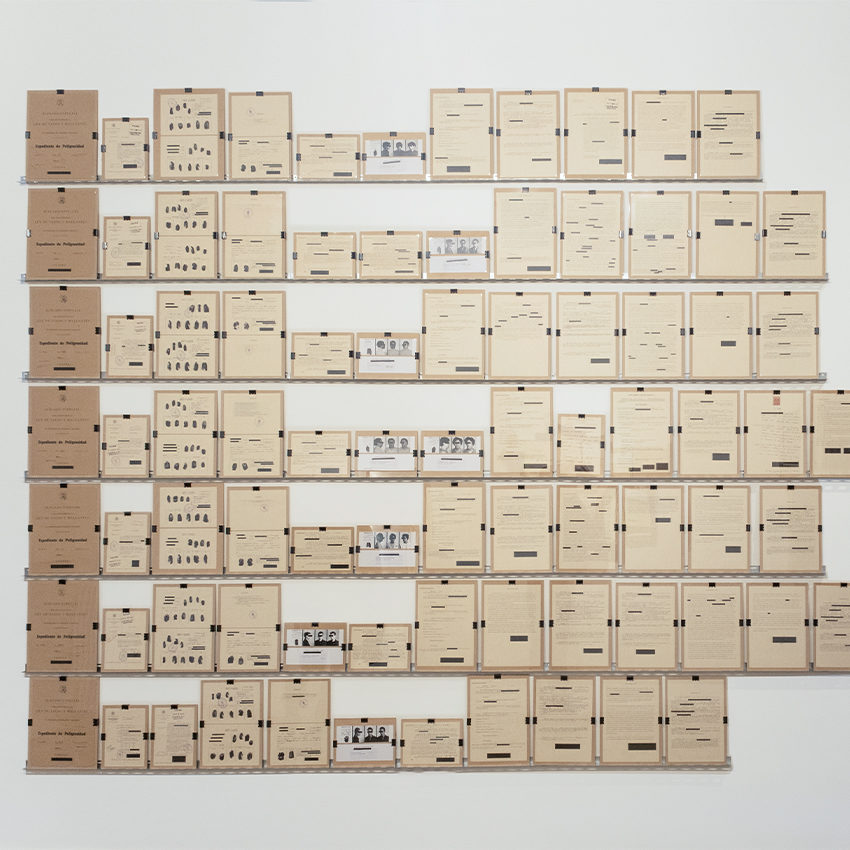
Works removed, sculptures destroyed, photographs altered and exhibitions cancelled: contemporary art and creators face unfair censorship. Governments, political groups, social platforms, museums and individuals curtail (not only) creative content. Many artists are silenced when they question social and religious norms or express political opinions opposed to dominant narratives. Paradoxically, the actions of censors can further amplify the meaning of art.
Representation has been a fundamental means of artistic expression since its inception, capturing human perceptions and thoughts. Even if art reflects reality, it is not simply a copy of it, nor an isolated expression of the artist detached from the world. Its interpretation is entwined in a web of contextual meanings, exposing it to vulnerability when forced into an artificial context.
This is why museums were born, to safeguard artistic freedom and defend the right of art to provoke and disturb, or of the viewer to feel disturbed. However, the institutions tend to censor works, thus evidencing the lack of interest in stimulating debates and the absolute distrust of the public's intellect to navigate artistic subtleties. In a democratic society, prioritizing education enables people to make informed decisions, reducing "the need" for censorship. The lack of preparation and professionalism of those who judge becomes a systemic as well as a structural problem.

Creative censorship
Canceled culture is the order of the day and generates heated debates about the museum system on issues of race, self-censorship, social justice or appropriation. Threats to artistic expression include harassment, violence, and legal prosecution on charges such as defamation, blasphemy, or vague laws related to terrorism, national security, public order, incitement to hatred, public morals, or traditional values.
Núria Güell has faced censorship in environments as disparate as Sweden and Cuba. And, at the local level, the council of Figueres did not see in Oscillating Ideologies – created with Levi Orta – the inherent and underlying criticism of the work. Güell's social and political criticism has caused controversy by addressing issues such as the situation of immigrants, precariousness, tax havens and corruption. Güell and Orta advocate avoiding authoritarian attitudes without space for dialogue, and not repeating the behaviors we want to free ourselves from.
Dominant political narratives polarize and relentlessly attack theatres, museums, musicians or novelists critical of governments. This phenomenon adds to the global trend of underfunding culture in order to make it vulnerable.
Precisely, Daniel Gasol questions dominant discourses of factual powers on identity, work, class and consumption, while exploring the mechanisms that build hegemonic narratives. His project Vagos, maleantes y peligrosidad social addresses self-censorship and internalized repression after years of dictatorship and post-war. Investigate how rowdy and other anti-social behavior became criminal subjects under a Second Republic regulation, modified by the Franco regime to include homosexuals. Gasol presents an academic and visual investigation into the regulation of desires, exploring the concept of social bodies, crime, the repressed and the law.
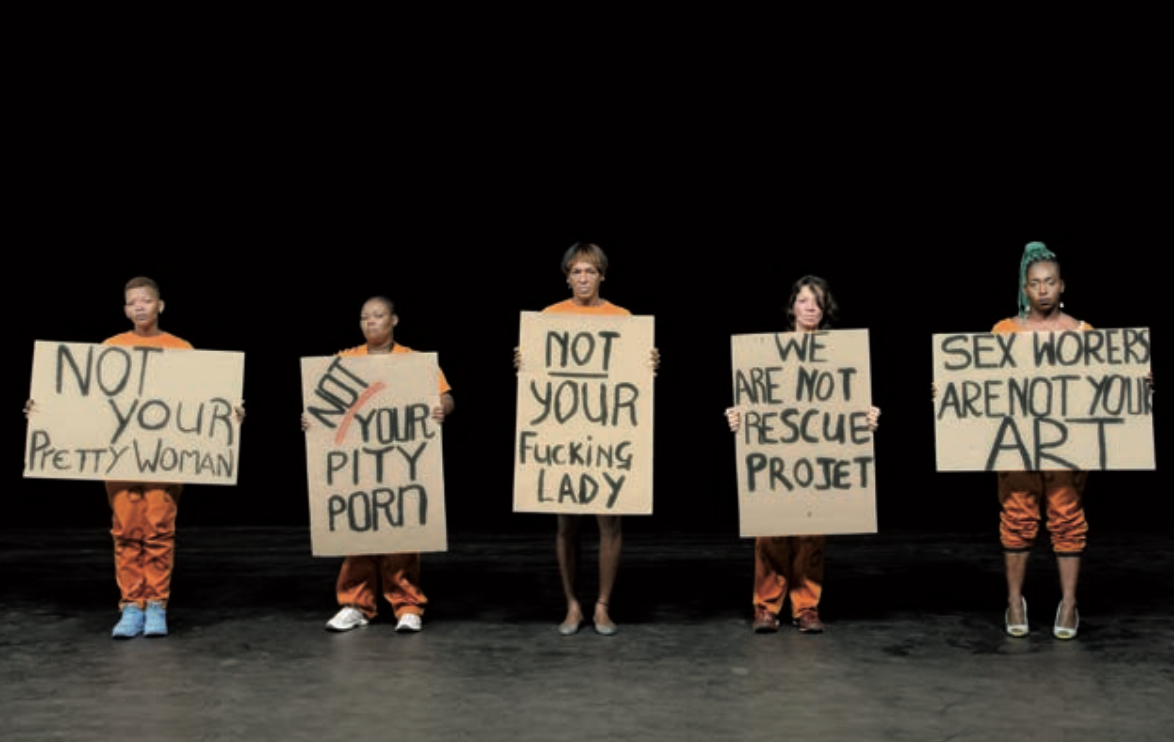
Cultural conservatism
Today's growing conservatism has waged a cultural war against everything that sounds woke (critical theories of gender, race, sexual identity or LGTBIQ) to which they have also added anti-Semitism.
And it is precisely in Germany that the arts suffer in the fight against anti-Semitism. This controversy has already rocked one of the most respected art events on a global scale: Documenta 15. And the issue continues, as the entire artistic committee of the upcoming sixteenth edition has resigned due to the harassment of the German media in its sordid support for Israel There are those who say they have a bad conscience about the holocaust, about the exodus. Maybe the Palestinians (also Semites) were born wrong.
Well, the installation by Candice Breitz, a South African Jewish artist based in Berlin, is far removed from the conflict that is ravaging Gaza: it is about sex workers in South Africa. However, his exhibition in the state of Saarland is one of many cultural events that have recently been suspended. And it is that censorship does not only examine the content of the works, but the political positions of their creators. Breitz condemned Hamas on social media, but criticized the Israeli government for its actions in Gaza. Unconditional support for Israel starts from Germany's historical responsibility, becoming a "reason of state" that limits dissident voices in the Palestinian-Israeli conflict, such as those of (Islamic) immigrants. And where artistic expression has been an area of special contention.
For this reason, a group of artists, writers and academics denounces in an open letter the cultural institutions that have silenced themselves by canceling productions and delegitimizing figures of Palestinian origin or critics of Israel's actions. Art undergoes a kind of purge against those who express empathy for Palestinian civilians, as evidenced by the cancellation of an exhibition on Afrofuturism in Essen due to the views of curator Anaïs Duplan. The journalist Masha Gessen, by comparing Gaza to a Jewish ghetto, saw her Hannah Arendt award revoked in Bremen; the Frankfurt Book Fair "indefinitely postponed" the award to Palestinian author Adania Shibli, and musician Nicolas Jaar was canceled in Munich.
To collect all this, the Blog Verso Books is looking for testimonies from individuals or organizations that have experienced censorship, punishment or discrimination to express solidarity with Palestine. As well as @archive_of_silence, a crowdsourcing project documenting artistic voices silenced in Germany for similar reasons.
The power of art
But is it possible to renegotiate the world through art after the horrors allowed by ideological blindness? Each act of censorship is linked to a wider pattern of pressure on education, the press, culture and freedom of expression, casting a shadow of fear that encourages self-censorship and weakens the social function of art. However, Freedberg's words resonate: "Those who try to censor and destroy art testify to its power, making the work a hated symbol or simply a container of form."


